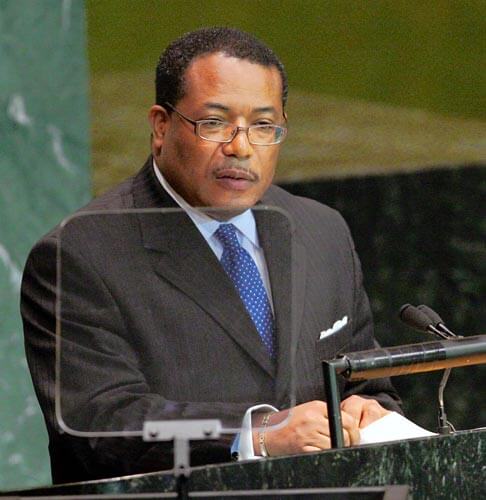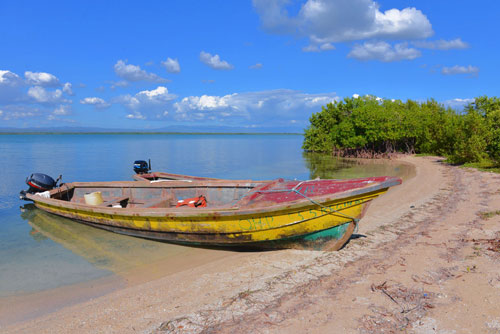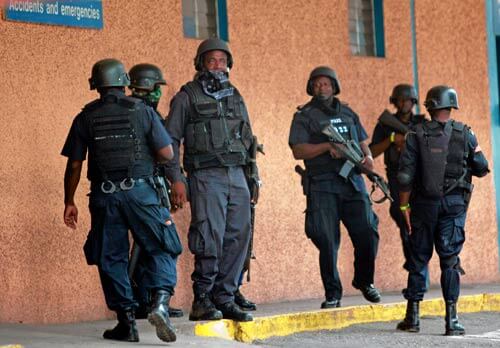KINGSTON, Jamaica (AP) — In a bid to kick start Jamaica’s chronically stagnant economy, the Caribbean country is wooing its citizens living abroad to invest in the island of their birth.
On Tuesday, hundreds of entrepreneurs and other Jamaican expatriates mingled with government officials and local business leaders, brainstorming ways to boost growth and development. The sessions were part of a four-day “Jamaica Diaspora” conference aimed at tapping into the wealth, education and know-how of the island’s expatriates.
“This can lead to a roadmap for Jamaica’s future. The people who have come here to this conference have substantial knowledge, connections and interests that can help take the country’s development into many, many directions,” said Lloyd Grey, a retired engineer from Reading, England, who was raised on Jamaica but moved to Britain decades ago.
Jamaica and other Caribbean nations have long suffered from a “brain drain” that has seen professionals and skilled workers head off to jobs overseas. About 3.3 million Jamaicans are believed to live outside the country, mostly in the U.S., Britain and Canada. Roughly 2.7 million live on the island.
The Jamaican expatriates already send home about $2 billion a year in remittances in what has become the island’s biggest foreign exchange earner. But Industry, Investment and Commerce Minister Anthony Hylton hopes to increase that amount to help strengthen the economy.
“Achieving sustained economic growth, with jobs, remains the biggest challenge and the most intractable problem facing Jamaica. This focus on growth and development is therefore very critical if we are to break the vicious cycle of stagnated growth and poverty,” Hylton said.
Over 55 companies and organizations are participating in the conference in Montego Bay, which is home to a flourishing call center industry.
Leaders of other Caribbean islands like Grenada and St. Lucia have also been wooing nationals abroad and encouraging them to assist with developing their homelands, but more populous Jamaica has long had the most focused effort to forge relationships with its overseas citizens.
The push to entice more expatriates in investing in their homeland comes as Jamaica’s debt is roughly 150 percent of gross domestic product. In February, Jamaica launched a debt-swap program to satisfy conditions to forge a new pact with the International Monetary Fund and halt what the prime minister described as an economic crisis. In April, the IMF approved a four-year, $958 million loan package to stabilize the economy.
Copyright 2013 The Associated Press.



























